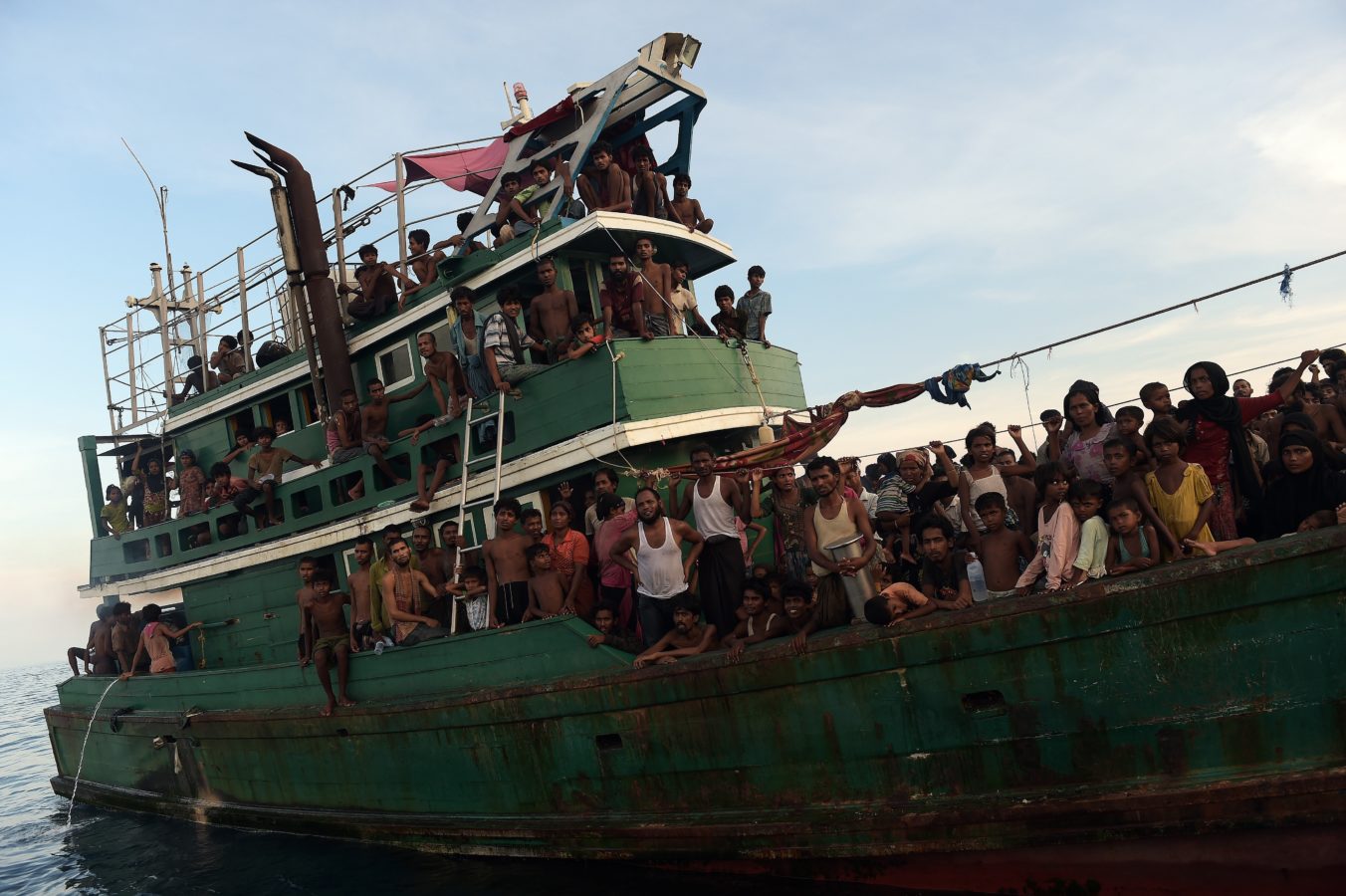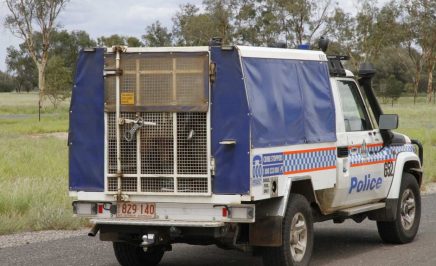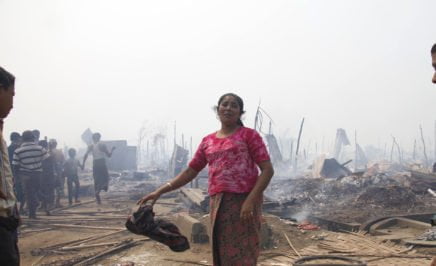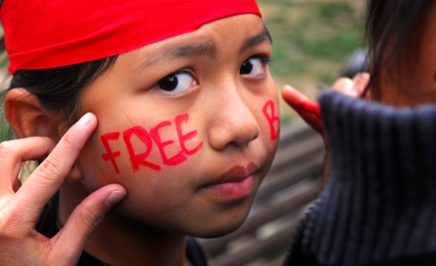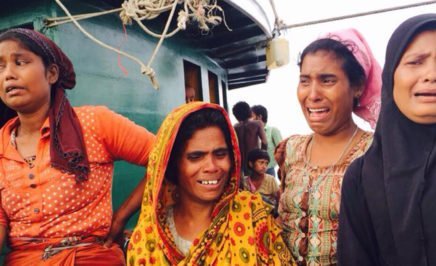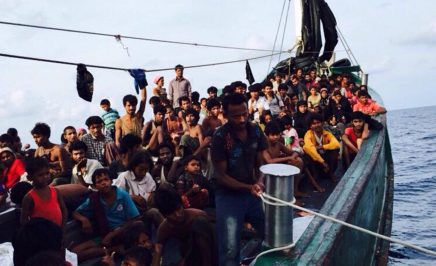In August 2015 Amnesty International visited refugee camps in Indonesia, meeting with over 100 Rohingya people who had risked their lives for the chance to live in safety.
Our new report, Deadly Journeys: The Refugee and Trafficking Crisis in Southeast Asia, uncovers the truth about why they fled their homes, their traumatic journey to Indonesia, and their uncertain future.
Life in Myanmar
The Rohingya, an ethnic minority group, have faced decades of abuse in Myanmar, a country that does not want them.
Their very existence as a minority has been denied by the Myanmar Government, ensuring the vast majority of the 1.3 million Rohingya still living in Myanmar are effectively stateless. Serious violence escalated in 2012 displacing over 100,000 Rohingya inside Myanmar and forcing tens of thousands to flee to neighbouring countries.
With an election on the horizon, the Myanmar Government continues to disenfranchise the ethnic group. Few have any choice but to flee.
Stranded at sea
The horror endured by the Rohingya was made clear in May this year when mass graves were found on the Thai-Malaysia border. Rohingya fleeing violence and abuse had been smuggled to these camps, locked in cages and held for ransom, many starving to death if their families could not find the money to pay.
The discovery of these graves led to a crackdown by Thai authorities, causing a second tragedy for those already on boats enroute to Thailand. Smugglers abandoned thousands of Rohingya at sea when they realised they could no longer unload their human cargo in Thailand.
Initially, Thailand, Malaysia and Indonesia engaged in a macabre game of human ping-pong, pushing the ships back out to sea or towing them to each other’s waters, refusing to let them land.
It was only following significant international pressure that 5,000 Rohingya and Bangladeshis were ultimately rescued. In Australia, Amnesty supporters sent nearly 20,000 emails to the Australian authorities urging the government to do more to ensure search and rescue missions were initiated.
Amnesty mission to Indonesia
In August Amnesty International visited those taken in by Indonesia and we were able to get firsthand accounts of what happened to those on board the boats.
Many of those we interviewed were teenagers, trying to reach family in Malaysia. In fact, over a third of those in the camps are unaccompanied children.
All described horrendous conditions on board the boats, where hundreds were crammed in so tight they were forced to squat side by side. If they tried to stand, they would be beaten. Forced to stay in that position, for weeks if not months, with limited food and water, many needed medical treatment when they reached land.
The abuse at the hands of the smugglers was also horrifying. Almost everyone on board the boats experienced or witnessed beatings of men, women and children. People were tortured in an attempt to force relatives back in Myanmar or Bangladesh to pay more money for their safety. Many of the people we talked to described seeing people killed or starved to death, the bodies thrown overboard.
“All described horrendous conditions on board the boats, where hundreds were crammed in so tight they were forced to squat side by side. If they tried to stand, they would be beaten.” Graham Thom, Refugee Coordinator, Amnesty International Australia
One teenage boy Amnesty spoke to described how he was thrown overboard and forced to swim for hours, almost to the point of drowning, to force him to give names of family the smugglers could call. With no family for the smugglers to contact – they had died when the boy was young – he was thrown overboard 15 times over the course of one month, as well as being beaten. Having witnessed others drown he insisted he was one of the lucky ones, he had survived.
Life in Indonesia
Three boats were able to land in Indonesia, in the province of Aceh. Those on board were rescued, not by the Indonesian navy but by Indonesian fishermen near the town of Lhokseumawe who were moved by the condition of those they saw on board. After helping women, children and the sick to shore the fisherman gave them food, clothes and medical treatment. Months later, some still visit the Rohingya they helped, friendships formed in the most unlikely of circumstances.
While it was heartening to see the Rohingya welcomed by the local authorities, including an opening ceremony for a new refugee camp in Lhokseumawe, life for those in Indonesia’s camps (referred to by the Acehnese as sites) is difficult.
The basic needs of the Rohingya in several camps are not being met: from poor sanitation and little protection from bad weather, to unsanitary cooking facilities. Those in the camps – many of whom are children separated from their families – receive little psychological support and face serious threats to their safety, including alleged abuse by security staff, almost no protection from smugglers or traffickers, and instances of local gangs entering the camps to rob and beat them.
What happens next?
If nothing is done to improve the lives of the Rohingya living in Indonesia, they will no doubt be forced to move again, putting their lives back in the hands of the traffickers.
Without cooperation between governments to combat human trafficking, grave human rights abuses will again be perpetrated against some of Southeast Asia’s most vulnerable and desperate people.
Regional governments must ensure that initiatives against traffickers do not put people’s lives or human rights at risk, which is what happened in May 2015. They must also act quickly to implement maritime search and rescue operations.
Amnesty International is urging Australia and Southeast Asian states to act now, and not wait for another human rights disaster at sea.
